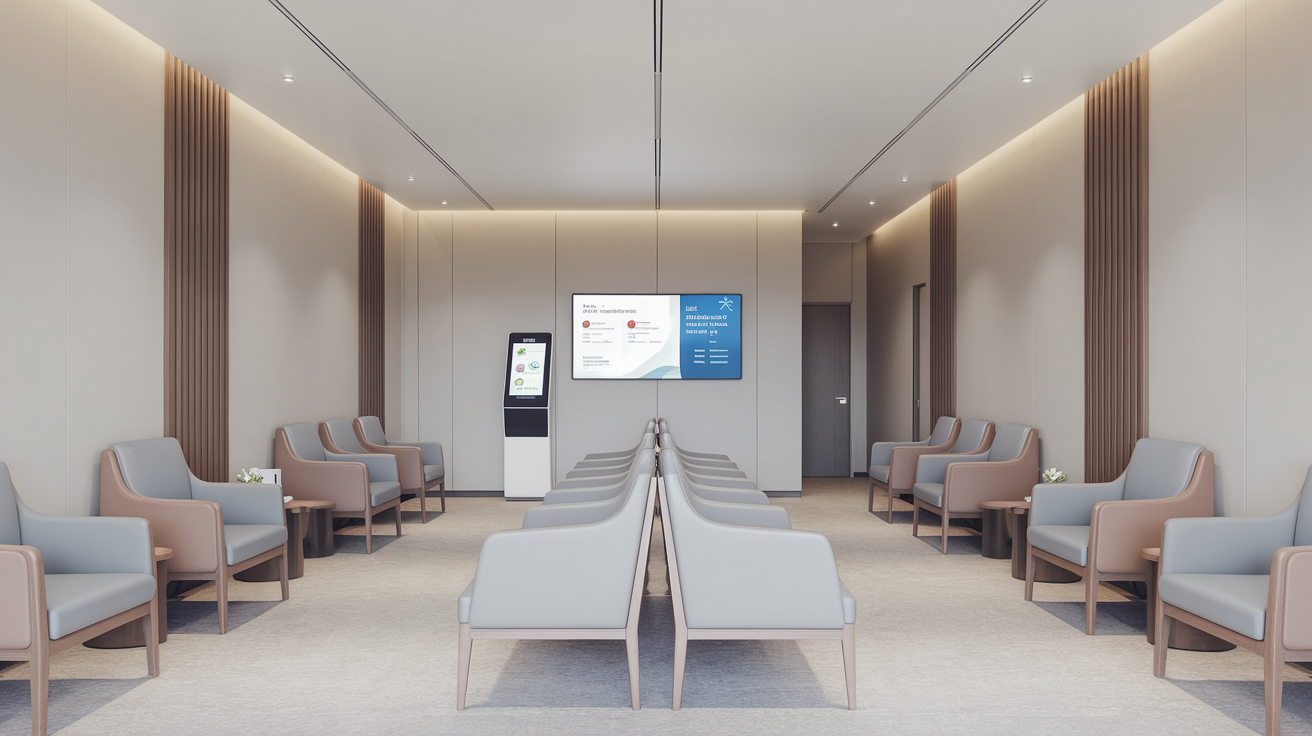Not Just Healthcare—Human Care
In today's fast-paced world, the concept of care has evolved beyond traditional healthcare. It's about recognizing the human element in every interaction, ensuring that individuals feel valued and understood. This shift towards "Human Care" emphasizes empathy, compassion, and a holistic approach to well-being, transcending the boundaries of mere medical treatment.
Understanding Human Care
Human Care is a philosophy that integrates emotional, social, and physical aspects of health. It acknowledges that every person is unique, with their own experiences and needs. Here are some key components of Human Care:- Empathy: Understanding and sharing the feelings of others, which fosters deeper connections and trust.
- Personalization: Tailoring care to meet individual needs, ensuring that each person receives the attention and support they require.
- Community Support: Building networks that foster connection and belonging, creating a sense of security and shared experience.
- Holistic Approach: Addressing mental, emotional, and physical health together, recognizing that these aspects are interconnected and equally important.
The Importance of Human Care in Healthcare
Integrating Human Care into healthcare systems can lead to better outcomes for patients. Here’s why it matters:- Improved Patient Satisfaction: When patients feel heard and cared for, their overall satisfaction increases, leading to a more positive healthcare experience.
- Enhanced Recovery Rates: Emotional support can significantly impact recovery times and health outcomes, as patients who feel supported often heal faster.
- Stronger Patient-Provider Relationships: Trust is built through genuine care, leading to better communication and adherence to treatment plans, which ultimately benefits patient health.
Implementing Human Care Practices
To foster a culture of Human Care, healthcare providers can adopt several practices that prioritize the well-being of patients:- Training Staff: Provide comprehensive training on empathy and communication skills, equipping staff to engage with patients on a deeper level.
- Creating Comfortable Environments: Design spaces that promote relaxation and comfort, making healthcare settings more inviting and less intimidating.
- Encouraging Feedback: Actively seek patient feedback to improve services, ensuring that care is continuously evolving to meet patient needs.
- Building Community Programs: Develop initiatives that connect patients with local resources and support networks, enhancing their sense of community and belonging.











